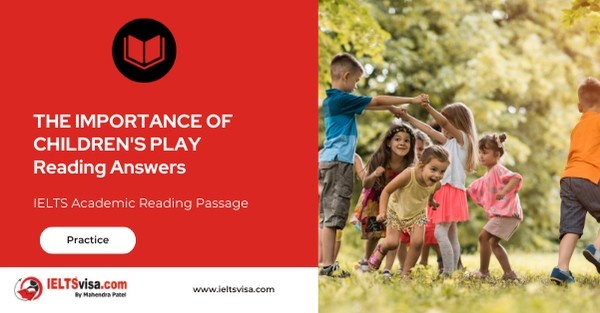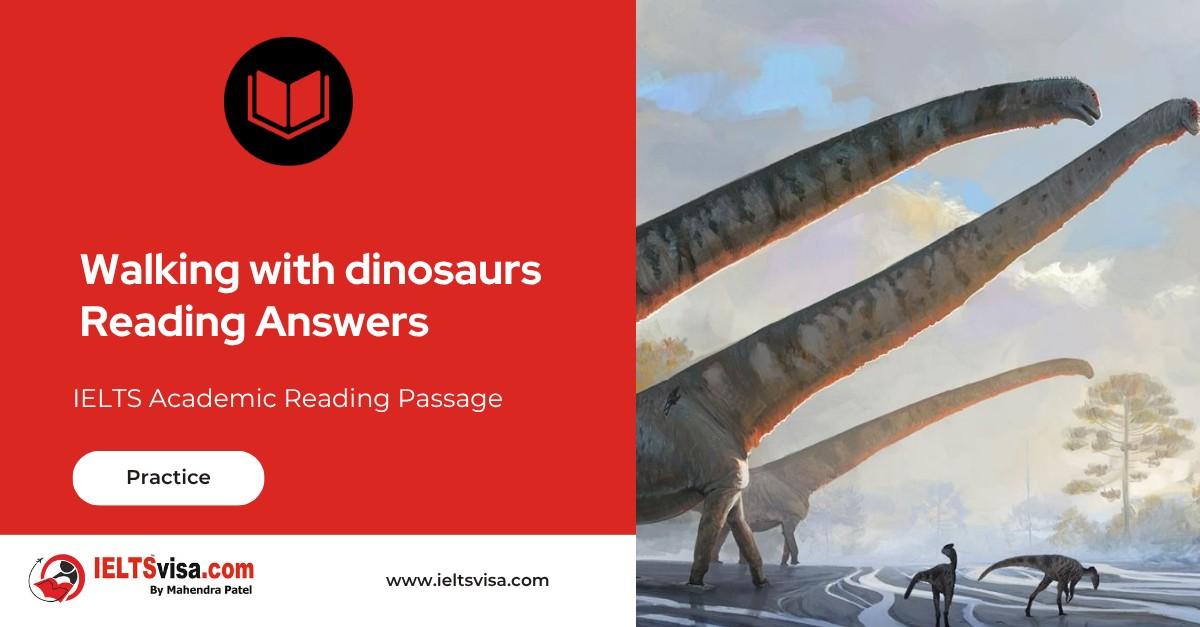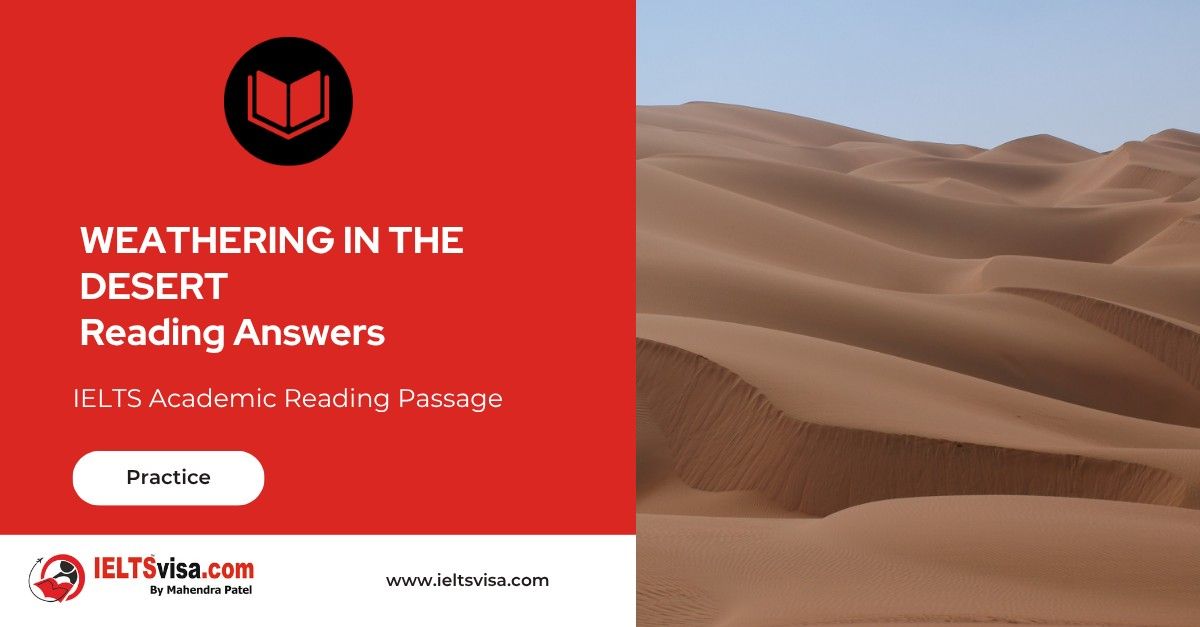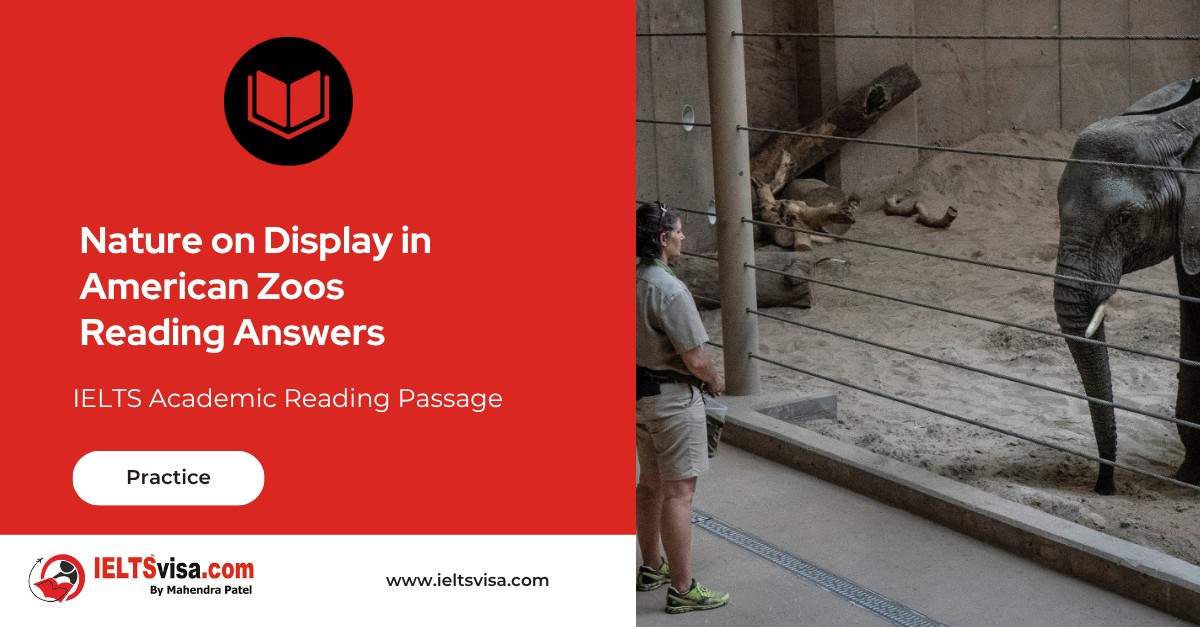THE IMPORTANCE OF CHILDREN'S PLAY Reading Answers
IELTS Academic Reading Passage
Brick by brick, six-year-old Alice is building a magical kingdom. Imagining fairy-tale turrets and fire-breathing dragons, wicked witches and gallant heroes, she’s creating an enchanting world. Although she isn’t aware of it, this fantasy is helping her take her first steps towards her capacity for creativity and so it will have important repercussions in her adult life.
Minutes later, Alice has abandoned the kingdom in favour of playing schools with her younger brother. When she bosses him around as his ‘teacher’, she’s practising how to regulate her emotions through pretence. Later on, when they tire of this and settle down with a board game, she’s learning about the need to follow rules and take turns with a partner.
‘Play in all its rich variety is one of the highest achievements of the human species,’ says Dr David Whitebread from the Faculty of Education at the University of Cambridge, UK. ‘It underpins how we develop as intellectual, problem-solving adults and is crucial to our success as a highly adaptable species.’
Recognising the importance of play is not new: over two millennia ago, the Greek philosopher Plato extolled its virtues as a means of developing skills for adult life, and ideas about play-based learning have been developing since the 19th century.
But we live in changing times, and Whitebread is mindful of a worldwide decline in play, pointing out that over half the people in the world now live in cities. ‘The opportunities for free play, which I experienced almost every day of my childhood, are becoming increasingly scarce,’ he says. Outdoor play is curtailed by perceptions of risk to do with traffic, as well as parents’ increased wish to protect their children from being the victims of crime, and by the emphasis on ‘earlier is better’ which is leading to greater competition in academic learning and schools.
International bodies like the United Nations and the European Union have begun to develop policies concerned with children’s right to play, and to consider implications for leisure facilities and educational programmes. But what they often lack is the evidence to base policies on.
‘The type of play we are interested in is child-initiated, spontaneous and unpredictable – but, as soon as you ask a five-year-old “to play”, then you as the researcher have intervened,’ explains Dr Sara Baker. ‘And we want to know what the long-term impact of play is. It’s a real challenge.’
Dr Jenny Gibson agrees, pointing out that although some of the steps in the puzzle of how and why play is important have been looked at, there is very little data on the impact it has on the child’s later life.
Now, thanks to the university’s new Centre for Research on Play in Education, Development and Learning (PEDAL), Whitebread, Baker, Gibson and a team of researchers hope to provide evidence on the role played by play in how a child develops.
‘A strong possibility is that play supports the early development of children’s self control,’ explains Baker. ‘This is our ability to develop awareness of our own thinking processes – it influences how effectively we go about undertaking challenging activities.’
In a study carried out by Baker with toddlers and young pre-schoolers, she found that children with greater self-control solved problems more quickly when exploring an unfamiliar set-up requiring scientific reasoning. ‘This sort of evidence makes us think that giving children the chance to play will make them more successful problemsolvers in the long run.’
If playful experiences do facilitate this aspect of development, say the researchers, it could be extremely significant for educational practices, because the ability to self regulate has been shown to be a key predictor of academic performance.
Gibson adds: ‘Playful behaviour is also an important indicator of healthy social and emotional development. In my previous research, I investigated how observing children at play can give us important clues about their well-being and can even be useful in the diagnosis of neurodevelopmental disorders like autism.’
Whitebread’s recent research has involved developing a play-based approach to supporting children’s writing. ‘Many primary school children find writing difficult, but we showed in a previous study that a playful stimulus was far more effective than an instructional one.’ Children wrote longer and better-structured stories when they first played with dolls representing characters in the story. In the latest study, children first created their story with Lego *, with similar results. ‘Many teachers commented that they had always previously had children saying they didn’t know what to write about. With the Lego building, however, not a single child said this through the whole year of the project.’
Whitebread, who directs PEDAL, trained as a primary school teacher in the early 1970s, when, as he describes, ‘the teaching of young children was largely a quiet backwater, untroubled by any serious intellectual debate or controversy.’ Now, the landscape is very different, with hotly debated topics such as school starting age.
‘Somehow the importance of play has been lost in recent decades. It’s regarded as something trivial, or even as something negative that contrasts with “work”. Let’s not lose sight of its benefits, and the fundamental contributions it makes to human achievements in the arts, sciences and technology. Let’s make sure children have a rich diet of play experiences.’
Questions 1-8:
Complete the notes below
Choose ONE WORD ONLY from the passage for each answer:
Write your answers in boxes 1-8 on your answer sheet.
Children’s play:
Uses of children’s play
· building a ‘magical kingdom’ may help develop 1 ………………..
· board games involve 2 ……………….. and turn-taking
Recent changes affecting children’s play
· populations of 3 ……………….. have grown
· opportunities for free play are limited due to:
– fear of 4 ………………..
– fear of 5 ………………..
– increased 6 ……………….. in schools
International policies on children’s play:
· it is difficult to find 7 ……………….. to support new policies
- research needs to study the impact of play on the rest of the child’s 8 ………………..
Questions 9-13:
Do the following statements agree with the information given on the reading passage?
In boxes 9-13 on your answer sheet, write
TRUE if the statement agrees with the information
FALSE if the statement contradicts the information
NOT GIVEN if there is no information on this
9. Children with good self-control are known to be likely to do well at school later on.
10. The way a child plays may provide information about possible medical problems.
11. Playing with dolls was found to benefit girls’ writing more than boys’ writing.
12. Children had problems thinking up ideas when they first created the story with Lego.
13. People nowadays regard children’s play as less significant than they did in the past.

Solution For: THE IMPORTANCE OF CHILDREN’S PLAY
Reading Answers
| 1. creativity | 2. rules |
| 3. cities | 4 & 5. traffic, crime (in either order) |
| 6. competition | 7. evidence |
| 8. life | 9. TRUE |
| 10. TRUE | 11. NOT GIVEN |
| 12. FALSE | 13. TRUE |
Review and Practice
- Regularly practice with IELTS reading samples and time yourself to get used to the pressure of the exam.
- Review your mistakes to understand where you went wrong and how to avoid similar errors in the future.
Our Books
Master IELTS Speaking Part 1
IELTS Writing Task 1 Book
IELTS Writing Task 2 Book
THE IMPORTANCE OF CHILDREN'S PLAY Reading Answers Explanation
Comin Soon
Practice IELTS Other Modules
IELTS Listening
The IELTS Listening test assesses how well you can understand spoken English in various contexts. It lasts about 30 minutes and is divided into four sections with a total of 40 questions. The listening tasks become increasingly difficult as the test progresses.
IELTS Academic Reading
The IELTS Academic Reading section assesses your ability to understand and interpret a variety of texts in academic settings. It is designed to evaluate a range of reading skills, including skimming for gist, reading for main ideas, reading for detail, understanding inferences, and recognizing a writer's opinions and arguments.
IELTS Speaking
The IELTS Speaking test assesses your ability to communicate in English on everyday topics. It lasts 11-14 minutes and consists of three parts: introduction, cue card, and a discussion based on the cue card topic.
IELTS General Reading
IELTS General Reading tests your ability to understand and interpret various types of texts. Here are some key areas and types of content you can expect to encounter in the reading section, along with tips for effective preparation.
IELTS Academic Writing Task 1
In IELTS Academic Writing Task 1, you are presented with a visual representation of information, such as graphs, charts, tables, or diagrams, and you are required to summarize, compare, or explain the data in your own words.
IELTS General Writing Task 1
In IELTS General Writing Task 1, you are required to write a letter based on a given situation. The letter can be formal, semi-formal, or informal, depending on the prompt. Here’s a breakdown of the key components to include in your letter
IELTS Academic Writing Task 2
In IELTS Academic Writing Task 2, you are required to write an essay in response to a question or topic. Here’s a guide to help you understand the essential elements of this task
IELTS Exam Tips
To succeed in the IELTS exam, practice regularly, familiarize yourself with the test format, improve your vocabulary, develop time management skills, and take mock tests to build confidence.
Grammer for IELTS
Grammar is the foundation of effective communication in English. Understanding tense usage, subject-verb agreement, and sentence structure enhances clarity and coherence in writing and speaking.
Vocabulary for IELTS
Vocabulary plays a crucial role in the IELTS (International English Language Testing System) exam, especially in the Speaking and Writing sections. Here’s an overview of why vocabulary is important and how it impacts your performance
RECENT IELTS SAMPLES QUESTIONS AND ANSWERS
Walking with dinosaurs
Peter L. Falkingham and his colleagues at Manchester University are developing techniques that...
Money as the Unit of Amount Reading Answers
The most difficult aspect of money to understand is its function as a unit of account. In...
WEATHERING IN THE DESERT
In the deserts, as elsewhere, rocks at the earth's surface are changed by weathering, which...
Nature on Display in American Zoos
The first zoo in the United States opened in Philadelphia in 1874, followed by the Cincinnati...
Can We Prevent the Poles From Melting
Such is our dependence on fossil fuels, and such is the volume of carbon dioxide we have...
Air conditioning the earth reading answers
The circulation of air in the atmosphere is activated by convection, the transference of heat...













